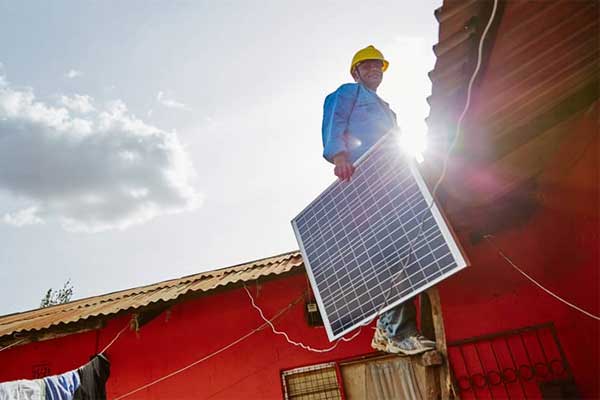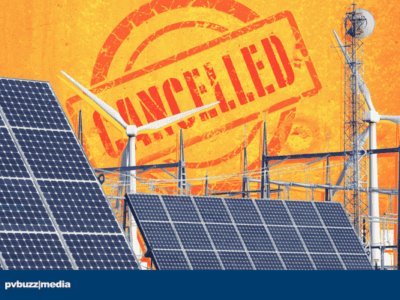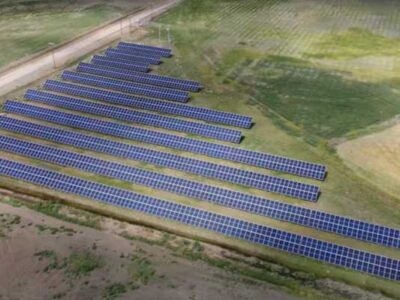Renewable energy products have emerged across Africa as viable solutions to the continent’s low electrification rate. But as well as powering homes, the expansion of these off-grid energy firms means they’ve also had a role in tackling Africa’s unemployment challenge.
What Happened?
A report by Power for All, a non-governmental organization focused on promoting renewable energy, shows the sector’s workforce—in terms of direct, formal jobs—is already comparable to traditional power grids and utilities in Nigeria and Kenya.
The report surveyed three countries—India, Kenya, and Nigeria—in its first year, and will expand data collection to 25 countries by 2021.
The report’s analysis of India reflected a similar impact—that off-grid renewable energy is solving electricity access and employment issues.
Why It Matters
Supported by Schneider Electric Foundation and The Rockefeller Foundation, the census provides the most comprehensive and granular data yet on energy access jobs created by decentralized renewable energy (DRE), which includes solar for home and business, green mini-grids and machinery for productive use such as irrigation pumps.
The census aims to spotlight the energy skills needed to achieve SDG 7 ─ access to affordable, reliable, sustainable and modern energy for all.
“Access to electricity means access to jobs,” said Dr. Rebekah Shirley, Power for All’s Chief Research Officer and census lead researcher.
The International Renewable Energy Agency (IRENA) estimates that off-grid renewables for energy access can create at least 4.5 million direct jobs by 2030, while GOGLA, the global association for the off-grid solar energy industry, expects up to 1.3 million jobs by 2022 just from off-grid solar (excluding mini-grids).
Today, sub-Saharan Africa has about 600 million people living without electricity and (excluding South Africa) only 227,000 people employed by the entire renewable energy sector ─ a tiny sliver, just 2 percent, of the global total of 11 million.














Comments